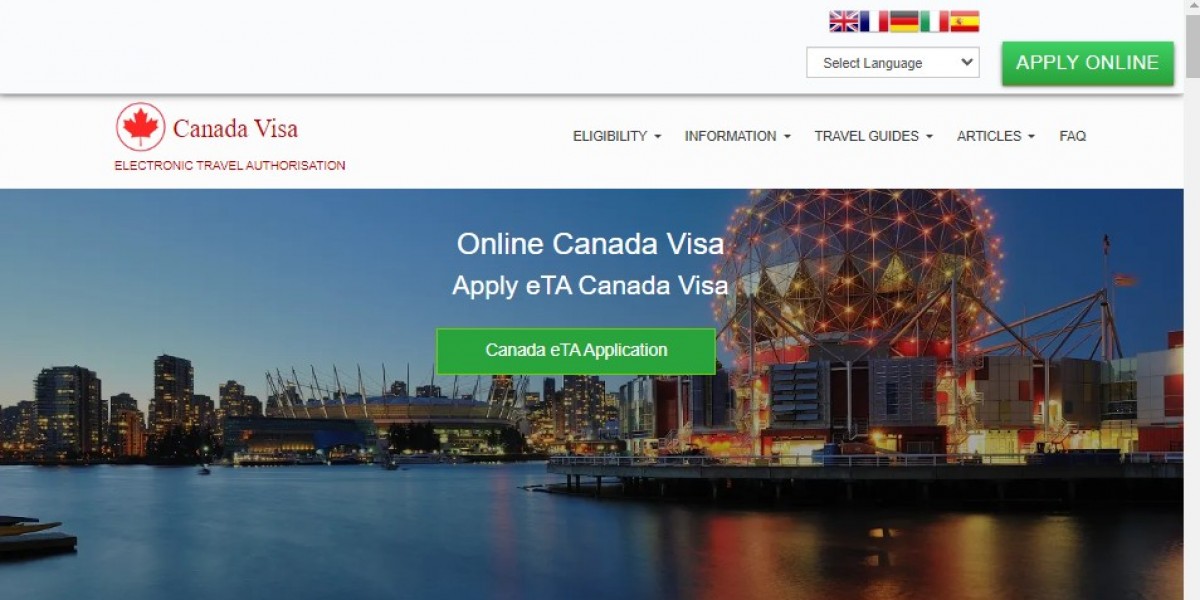Introduction
In today's fast-paced world, the travel industry is constantly evolving, and so are the advertising strategies that support it. As a travel ads platform, your aim is to reach the right audience effectively and efficiently. One way to achieve this is by exploring niche markets within the travel industry.
Having the appropriate travel advertising is essential since, although being one of the most important businesses in the world, tourism is also one of the most unpredictable in providing unreasonable hospitality
We've written a guide on remaining current and outperforming the competition to assist you in navigating the tricky world of travel advertising. For more information, keep reading.
What Is Travel Advertising?
Broadly speaking, travel advertisement refers to tourism-related marketing that is frequently targeted towards international audiences. However, depending on the services provided, travel ads may also be targeted towards locals.
There are many different types of travel advertising, but they may generally be grouped into two groups: advertising from businesses and organizations and advertising from governments.
Understanding the Landscape
What are Niche Markets in Travel Advertising?
Niche markets in travel advertisement refer to specific segments or subsets within the broader travel industry. These markets often cater to unique interests, preferences, or demographics. By targeting niche markets, you can connect with a highly engaged audience that is more likely to convert.
The Power of Specialization
In the highly competitive realm of travel advertising, specialization is your key to success. It allows you to tailor your messages, offers, and services to meet the specific needs of a particular audience. This personalization can significantly enhance the effectiveness of your travel campaigns.
Identifying Profitable Niches
Research and Data Analytics
To identify profitable niche markets, you need to rely on thorough research and data analytics. Dive into travel platform's data to uncover trends, user behaviors, and emerging interests. Look for patterns that indicate the potential of a particular niche.
Case Study: Adventure Travel
Let's consider the niche of adventure travel. By analyzing your data, you may find that there is a growing interest in adventure travel among your users. This could include activities like hiking, trekking, or extreme sports. Once identified, you can tailor your advertising efforts to specifically target adventure seekers.
Leveraging User-generated Content
Encourage your users to share their travel experiences on your platform. User-generated content can provide valuable insights into emerging niche markets. It also helps build trust and authenticity among your audience.
Crafting Compelling Campaigns
Content Creation
When targeting niche markets, your content should resonate with the unique interests of that segment. Create blog posts, videos, and social media campaigns that highlight experiences, destinations, and offers relevant to the niche.
Personalized Advertising
Make a closer connection with your audience by utilizing the power of personalized advertising. Make sure your messaging is tailored to their needs and goals. Display specialized travel offers and packages.
Overcoming Challenges
Competition and Saturation
Niche markets, while promising, can also be competitive. As more businesses recognize their potential, saturation becomes a concern. Stay ahead by continually innovating and offering something truly unique.
Keeping Up with Trends
The travel industry is dynamic, with trends evolving rapidly. Stay updated with the latest developments in your chosen niche markets. Adapt your travel advertising strategies to align with changing consumer preference
Trends in Digital Travel Advertising
The main objective of your travel advertising, whether you're a small-business owner or a part of a big travel ad platform, is to attract more clients and grow your business there.
Let's examine a few marketing and advertising trends that you might employ to implement your marketing plans.
Video Advertising
Over the past 10 years, video marketing has taken off. In fact, only a few years ago, YouTube's platform had a daily viewing time of 1 billion hours. Since then, the numbers have sharply climbed.
Each week, more than 75% of internet users view videos online. In essence, you're losing out on a lot of prospective clients if video marketing isn't one of your main platforms.
The beauty of video marketing is how well-suited it is to travel brands and agencies. Nothing is more effective in luring tourists than a carefully designed visual depiction of a location.
Display Marketing
In essence, display advertising is internet advertising that you encounter on unofficial websites. The appeal of display advertising is that getting started doesn't require a significant investment. Simply get in touch with the appropriate websites to employ banners and other visual assistance forms, such as images or GIFs, to convey your message.
As with any kind of marketing, the basic goal is to highlight the features of your services that set you apart from the competition. For instance, if you were advertising a tropical beach resort outside of Bangkok, you may highlight the clear seas and pleasant climate or the fact that you could have access to these exclusive services for a lot less money than you might elsewhere.
Augmented Reality
The most immersive technology used in modern travel marketing is augmented reality. It enables hotels and other local businesses to advertise their real locations and invite potential tourists into their worlds. Your vacation advertising strategy may use augmented reality in a variety of ways.
For instance:
A traveler may wave their phone at a nearby restaurant to see the menu right away at augmented tourism spots.
Interactive hotel features that allow guests to browse through different rooms before making a reservation.
In fact, augmented reality is now one of the best hotel digital marketing strategies for boosting reservations.
Conclusion: Nurturing Niche Markets
In conclusion, exploring niche markets in travel advertisement can be a game-changer for your platform. It allows you to connect with a highly engaged audience, personalize your offerings, and stay ahead of the competition.
Remember, successful niche marketing requires constant research, innovation, and a deep understanding of your audience. Embrace the challenges, adapt to the trends, and watch your travel ads network thrive in the world of specialized travel and hospitality ads.
"Traveling—it leaves you speechless, then turns you into a storyteller." - Ibn Battuta
FAQS.
Q1.How to promote travel business online?
Ans Promoting a travel business online requires a strategic approach to capture the attention of potential travelers in a crowded digital landscape. To begin, it's essential to establish a strong online presence by creating an engaging website that showcases enticing destinations, travel packages, and user-friendly booking options. Employing search engine optimization (SEO) techniques to ensure your website ranks high in search results is crucial. Additionally, harness the power of social media platforms like Instagram, Facebook, and Twitter to share visually appealing content, travel tips, and customer testimonials.
Q2 What is the purpose of travel advertisements?
Ans The purpose of travel advertisement is to inspire and persuade individuals to explore new destinations, embark on exciting adventures, and choose specific travel services or products. Travel advertisements aim to capture the viewer's imagination, evoking a sense of wanderlust and the desire to experience different cultures, landscapes, and activities. They provide information about various travel options, accommodations, and activities, highlighting the unique features and benefits of each destination or service.
Q3 How to get clients for travel agencies?
Getting clients for a travel agency involves a combination of effective marketing strategies, networking, and providing exceptional service. Here are some steps to help you attract clients:
Build a Strong Online Presence
Create an appealing and user-friendly website for your travel agency. Make sure it showcases your services, packages, and destinations effectively. Optimize your website for search engines (SEO) to appear in relevant search results.
Utilize Social Media
Use platforms like Facebook, Instagram, and Twitter to share captivating travel content, including destination highlights, travel tips, and customer reviews. Engage with your audience and run targeted advertising campaigns to reach potential clients.
Content Marketing
Maintain a blog on your website with travel guides, destination recommendations, and travel-related tips. This helps establish your agency as a knowledgeable resource and can attract organic traffic from search engines.
Email Marketing
Build an email list of interested clients and send them regular newsletters with travel deals, updates, and exclusive offers. Personalize your emails to cater to their preferences and past travel history.








